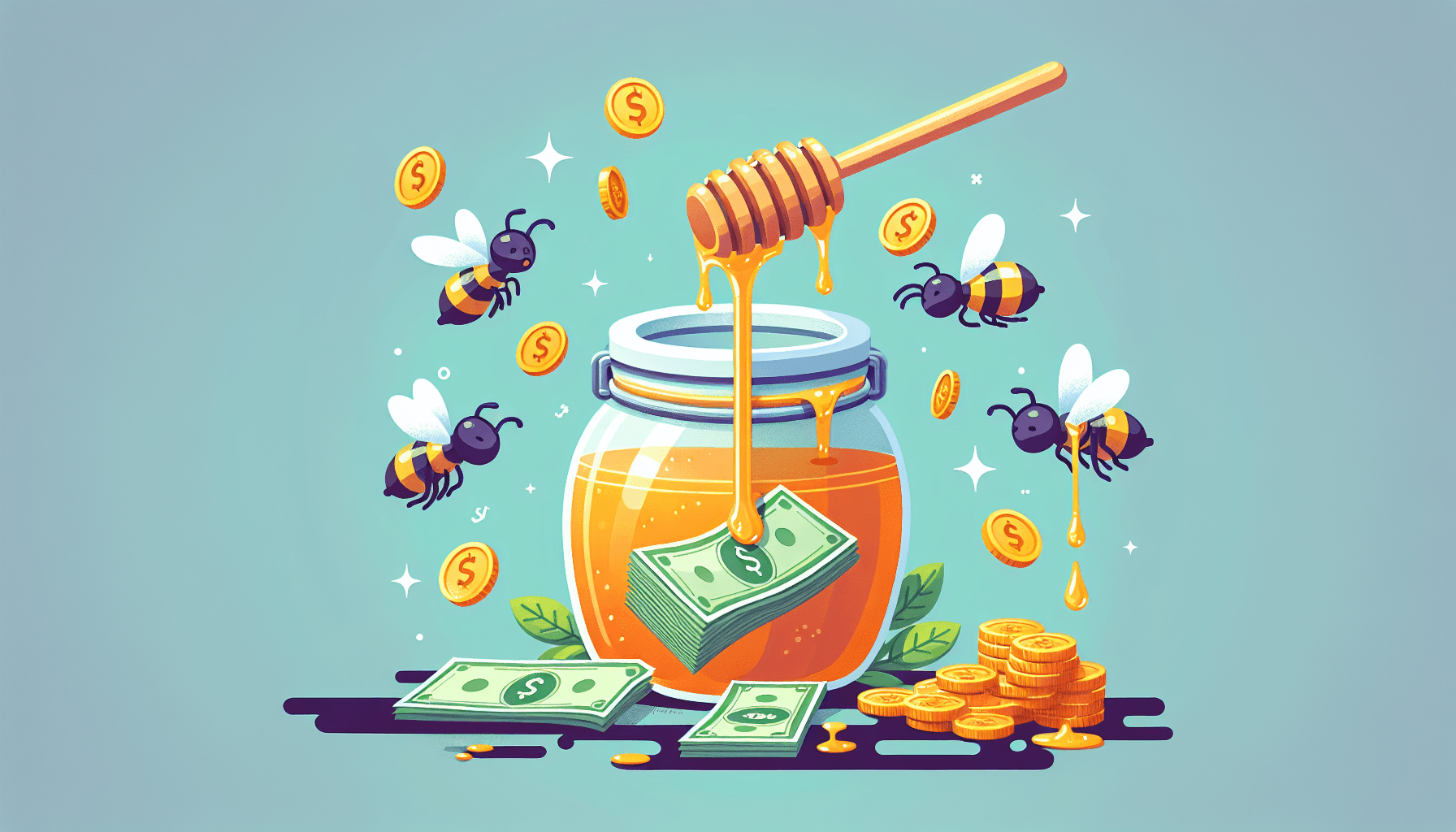
PayPal Honey: The Hidden Cost of "Free" Savings
I commend MegaLag for raising an important topic and thank other activists, magazines and news for bringing attention to this issue.
- Tech Bytes: Browser add-on Honey accussed of scamming users
- “Your Favorite Influencers Sold You a Lie”: MrBeast, Pokimane, PewDiePie and More Who Have Promoted Honey Amid Browser Extension’s Controversy
PayPal Honey, a browser extension promising to save users money through automated coupon applications, presents an interesting case study in modern digital business practices. While marketed as a consumer-friendly tool, a deeper examination reveals concerning aspects of its business model that affect both content creators and the digital marketing ecosystem.
Understanding Honey's Core Business Model
At first glance, Honey appears straightforward: it automatically finds and applies discount codes during online shopping. However, the extension's primary revenue stream comes not from providing these savings but from intercepting and replacing affiliate marketing parameters in URLs. This practice allows Honey to claim commission for sales that were often initiated through other marketing channels.
The Reality of Savings
Despite Honey's marketing claims, the actual success rate of finding valid discount codes is surprisingly low. Data and user reports suggest that working coupon codes are found in only 10-15% of attempts. This means that in the vast majority of cases, Honey generates revenue without providing any actual savings to the user. The extension still modifies purchase URLs to include its affiliate identifiers, ensuring commission payment regardless of whether a discount was found.
Impact on Content Creators
Perhaps the most problematic aspect of Honey's business model is its effect on content creators. When a YouTube creator, blogger, or social media influencer produces detailed product reviews or recommendations, they typically include affiliate links in their content. These links contain unique identifiers that should earn them commission for driving sales. However, when Honey is installed, it automatically overwrites these identifiers with its own, effectively hijacking the commission that should rightfully go to the content creator.
Consider this scenario: A YouTuber spends hours researching, testing, and producing a detailed product review, then includes their affiliate link in the video description. When a viewer clicks that link and makes a purchase, Honey's extension silently replaces the creator's affiliate ID with its own. The creator, who did the actual work of converting the sale, receives nothing, while Honey claims the commission simply by having its browser extension installed.
Ethical Concerns
This practice raises serious ethical questions about fair compensation in the digital economy. Content creators invest significant time, resources, and expertise in producing valuable content that influences purchasing decisions. Honey's automatic link modification effectively parasitizes this work, redirecting compensation away from creators who provide genuine value to consumers.
Furthermore, this system creates a perverse incentive structure where a technological middleman can profit from others' work without contributing meaningful value to the transaction. While Honey occasionally provides savings through coupon codes, its practice of claiming commissions even when no discounts are found suggests its primary business model relies more on commission interception than on delivering actual consumer value.
Industry-Wide Implications
Honey's success has inspired similar practices across the industry, with numerous copycat extensions and services adopting the same model. This trend threatens the sustainability of content creation as a profession, as creators increasingly find their revenue streams diminished by automated commission interception.
Looking Forward
As this practice becomes more widely understood, it raises important questions about the future of affiliate marketing and content creator compensation. Some retailers have begun implementing more sophisticated attribution systems to protect their legitimate marketing partners, but a broader industry response may be needed to ensure fair compensation for those who actually influence consumer purchasing decisions.
The story of Honey serves as a cautionary tale about how technology can be used to redirect value in ways that may seem beneficial to consumers on the surface but ultimately undermine the ecosystem of content creation and authentic product recommendation. As consumers become more aware of these practices, they may want to consider whether the promise of occasional savings is worth supporting a business model that essentially profits from the uncompensated work of others.

